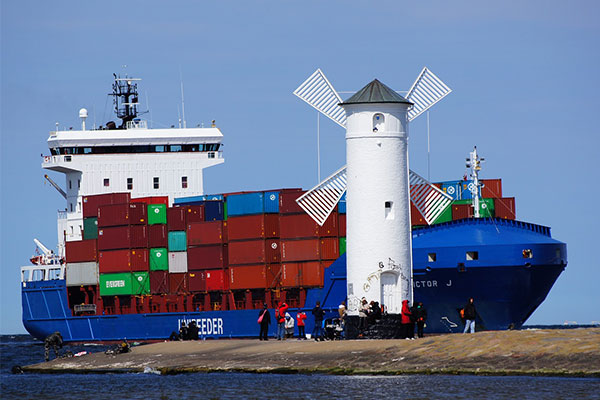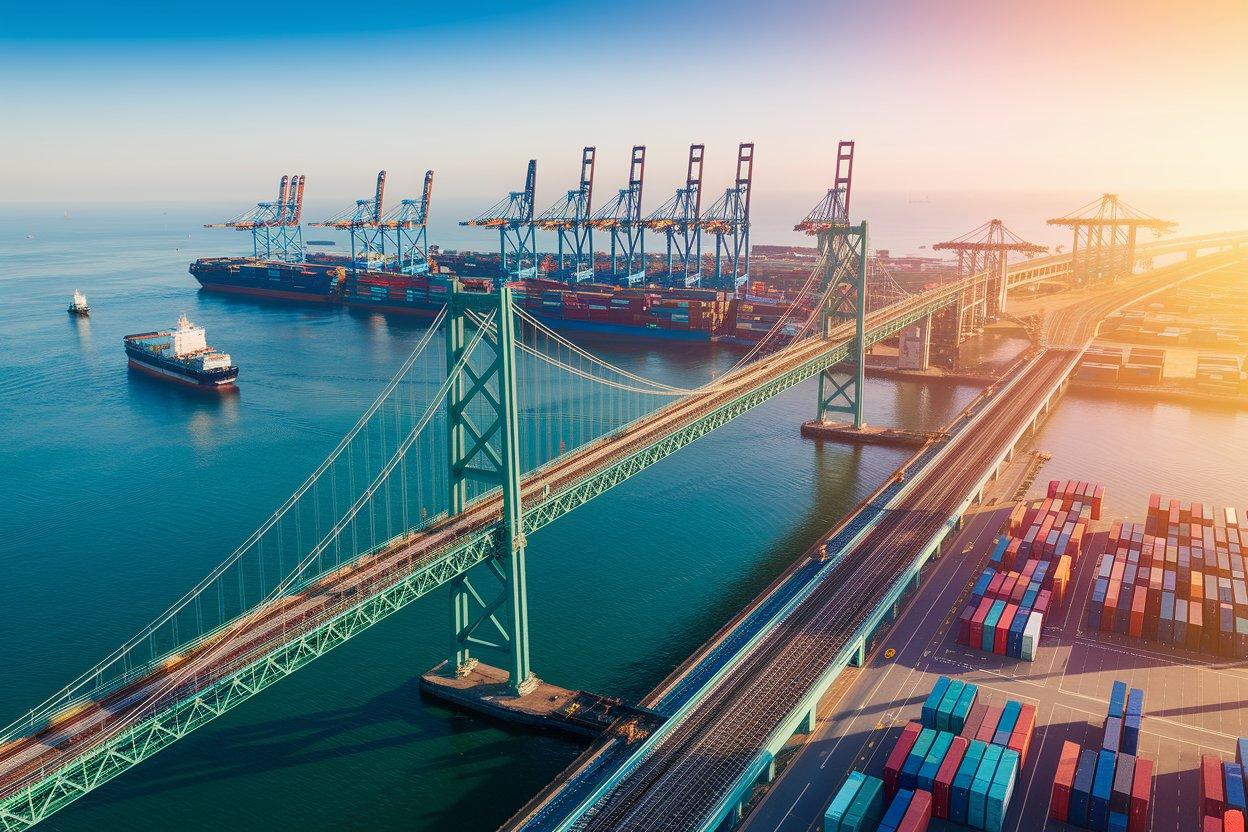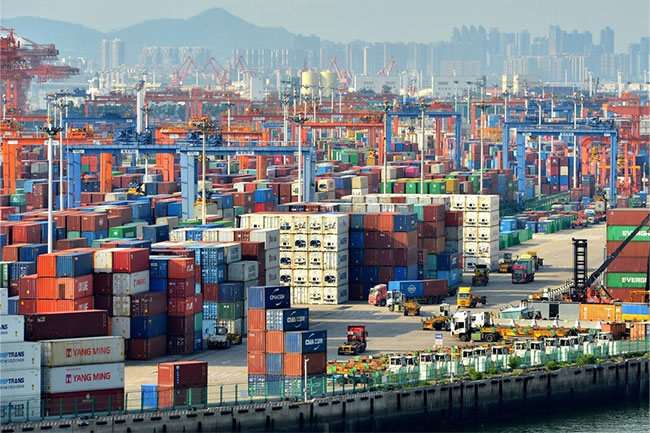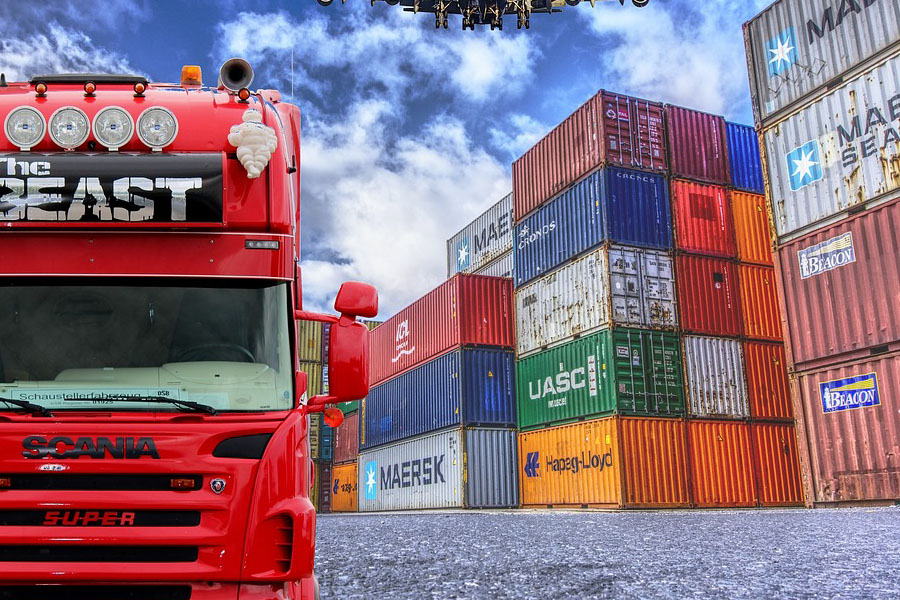- Shanghai Zhongshen International Trade Co., Ltd. - Two decades of trade agency expertise.
- Service Hotline: 139 1787 2118
Credit risk of Indian customers
The Indian market attracts many due to its potential.foreign tradeEnterprises, but credit issues among some Indian clients occur frequently. Taking a case as an example, a long-term client paid 45% of the payment (approximately over 30,000 USD) under FOB terms, but refused to pay the remaining 55% balance (around 40,000 USD) after the goods arrived at the port on May 26, and did not take delivery. This situation is not an isolated case; delayed payments or cargo abandonment occur from time to time among Indian clients, posing significant financial risks to exporters.
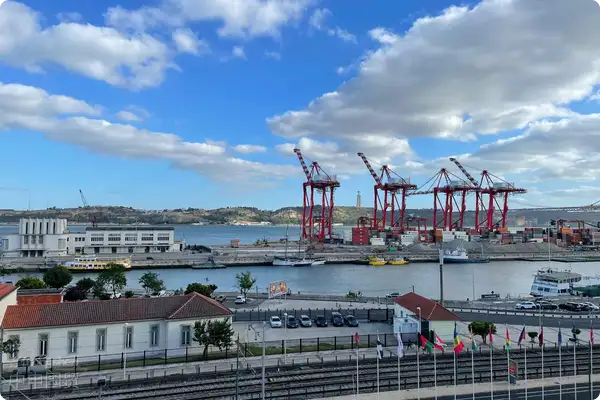
Division of Responsibilities under FOB Terms
Under the FOB (Free on Board) terms, the seller is responsible for loading the goods onto the vessel, with the risk transferring to the buyer at the ship's rail. The buyer is required to payMaritime TransportationPay and complete the cargo pickup procedures. However, if the buyer fails to pay the balance, the seller, despite having fulfilled the shipment obligation, struggles to control the subsequent disposal of the goods. In this case, the freight forwarder indicated that the ocean freight remains unpaid and the goods are still under their control, highlighting the seller's passive position under FOB terms when the buyer defaults.
The consequences of cargo detention at the port
Goods stranded at the port bring multiple issues:
- Late fees accumulate.: In this case, the 14-day free container usage period has expired, and late fees continue to accumulate.
- Disposal restricted: According to Indian customs regulations, the seller cannot return or resell the goods without a written abandonment declaration from the buyer.
- Potential loss: If the port demurrage period is excessively long (for example, demurrage fees reaching $40,000 over two months), the seller may face claims for payment from freight forwarders or shipping companies, or even legal action.
Response Strategies
For the risks faced by Indian customers under FOB terms, the following recommendations are suggested:
1. Optimize payment terms
- Full payment in advance: Full payment is required before shipment to avoid the risk of outstanding payments.
- L/CPurchase credit insurance: Ensure fund safety through bank guarantees.
2. Risk Prevention and Insurance
- Apply for Sinosure insurance: After consulting with Sinosure, it is advisable to report the loss as soon as possible to minimize the damage.
- Customer survey: Conduct credit history and market reputation checks on clients before cooperation.
3. Cargo Control and Disposal
- Retention of title: Negotiate with the freight forwarder to not release the goods before the final payment is made.
- Quick resale: If there is a new buyer, you may attempt to resell, but please note that Indian customs require a buyer's abandonment declaration.
4. Legal and Contractual Safeguards
- Improve the contract: Clarify demurrage charges and liability for breach of contract.
- Warning letter from a lawyer: If the client delays, pressure can be applied through a lawyer.
Conclusion
Indian clients failing to make final payments and refusing to take delivery under FOB terms highlight the credit risks in foreign trade. Exporters can immediately initiate claims with Sinosure, negotiate with freight forwarders to control the goods, and seek legal support if necessary. In the future, transaction security should be ensured through strict payment terms and risk assessments.
Related Recommendations
? 2025. All Rights Reserved. Shanghai ICP No. 2023007705-2  PSB Record: Shanghai No.31011502009912
PSB Record: Shanghai No.31011502009912
